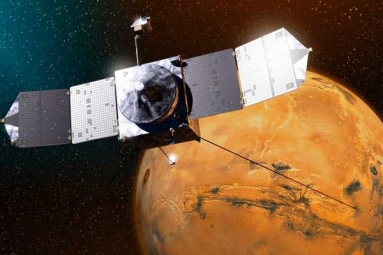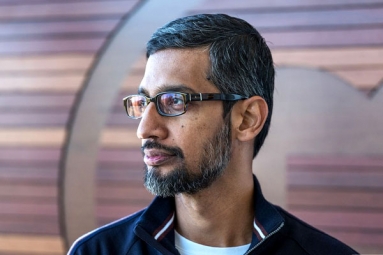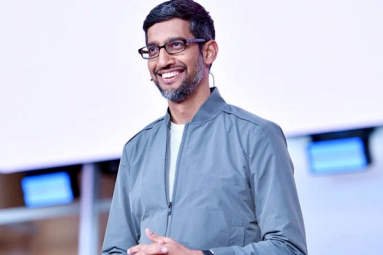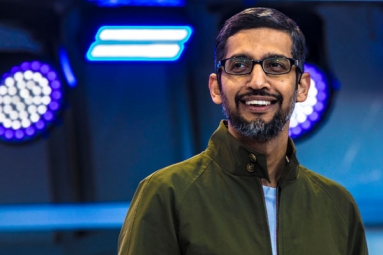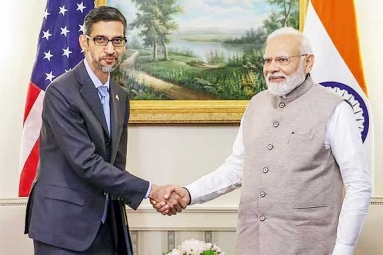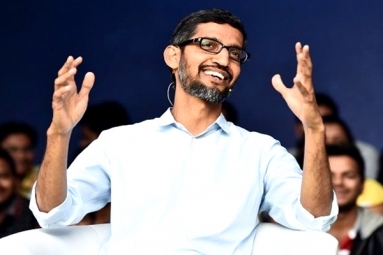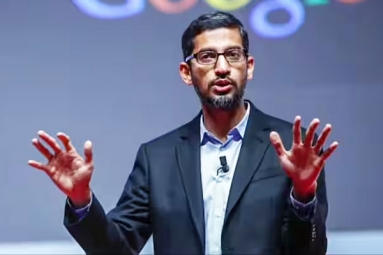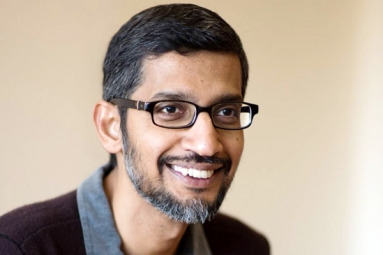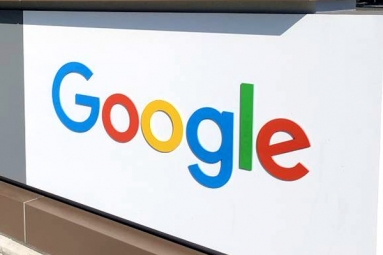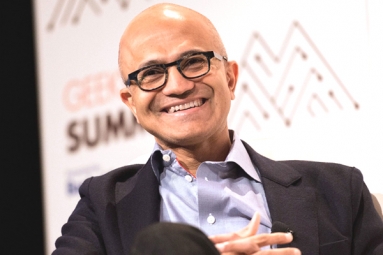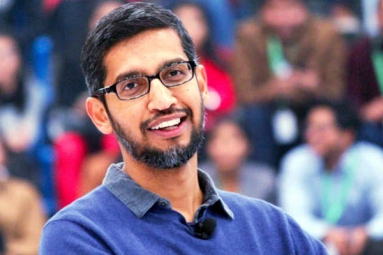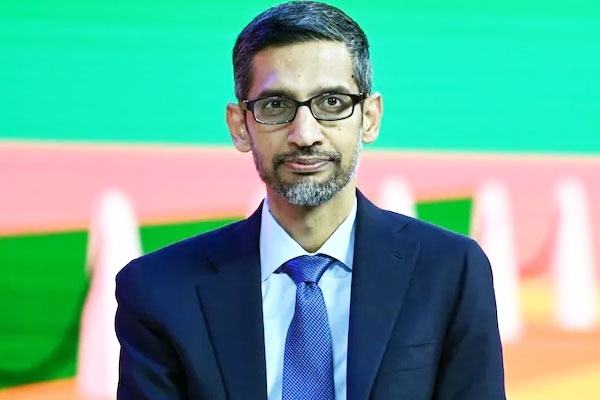
(Image source from: Moneycontrol.com)
Sundar Pichai, the head of Alphabet, Google's parent firm, has recognized that there is some "irrational behavior" in the current excitement surrounding artificial intelligence (AI). Many companies worldwide are rushing to implement AI technologies to reduce expenses and increase earnings. Firms like Google, with its Gemini chatbot and investments in AI hardware, along with rivals such as OpenAI and Microsoft, have invested billions to enhance this technology. Under Pichai's leadership, Alphabet's stock has surged, doubling in the past seven months to reach $3.5 trillion, largely due to the AI trend. However, analysts caution that these high valuations might stem from complicated financial strategies, creating an AI bubble. When asked if Google could survive if this AI bubble bursts, Pichai warned, "I think no company is going to be safe, including us." He went on to say, "We can look back at the internet right now. There was certainly a lot of excess investment, but no one would deny the internet's importance."
"I believe AI will follow a similar path. Therefore, there are logical reasons as well as some illogical aspects in moments like these." The term bubble refers to a market situation where speculative buying inflates the prices of assets, like stocks, to levels much higher than their actual value. This unsustainable rise ultimately leads to the bubble bursting, which occurred during the dot-com crash in 2000 when overvalued internet companies failed. Pichai is not the only technology executive discussing the AI bubble lately. During OpenAI's DevDay last month, CEO Sam Altman acknowledged that some areas of AI technology are indeed 'bubbly'. "I know it's easy to write about the bubble. In fact, there are many segments of AI that I believe are somewhat bubbly at this moment," said Altman.
In the same vein, Amazon's founder Jeff Bezos remarked on the existence of an 'industrial bubble' with AI poised to transform all sectors. "This represents more of an industrial bubble rather than a financial one," explained Bezos, who also differentiated between an industrial bubble and a banking bubble. "The financial bubble, like the banking crisis, is detrimental, reminiscent of 2008. Those are the kinds of bubbles society wishes to avoid. In contrast, industrial bubbles are not nearly as harmful and can even lead to positive outcomes. Because once everything settles down, we will see who the winners are, and society will benefit from those innovations," he stated.



